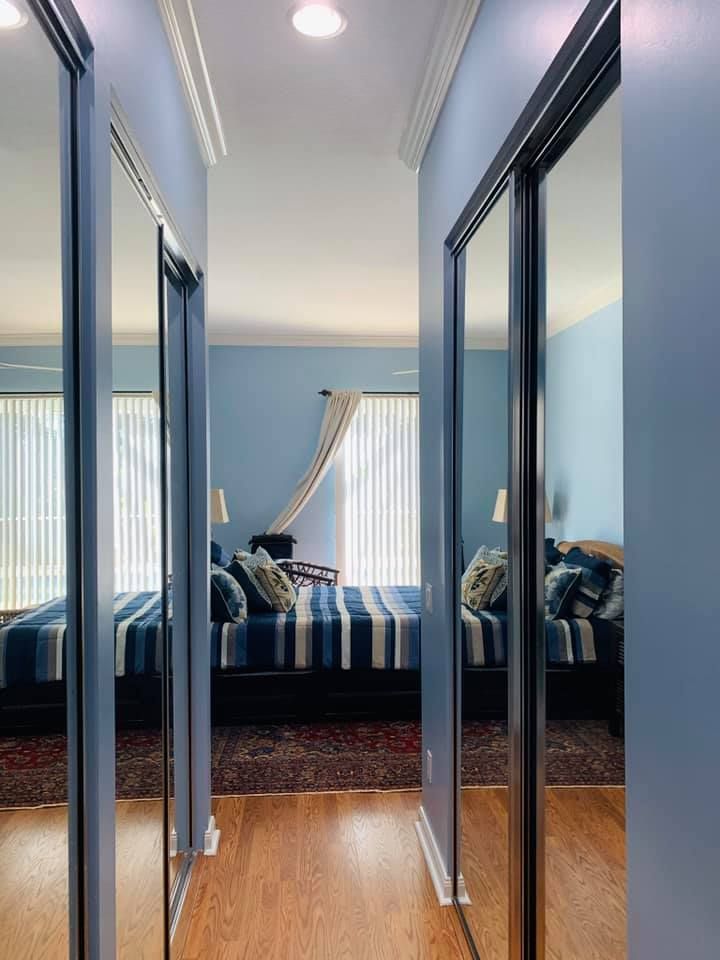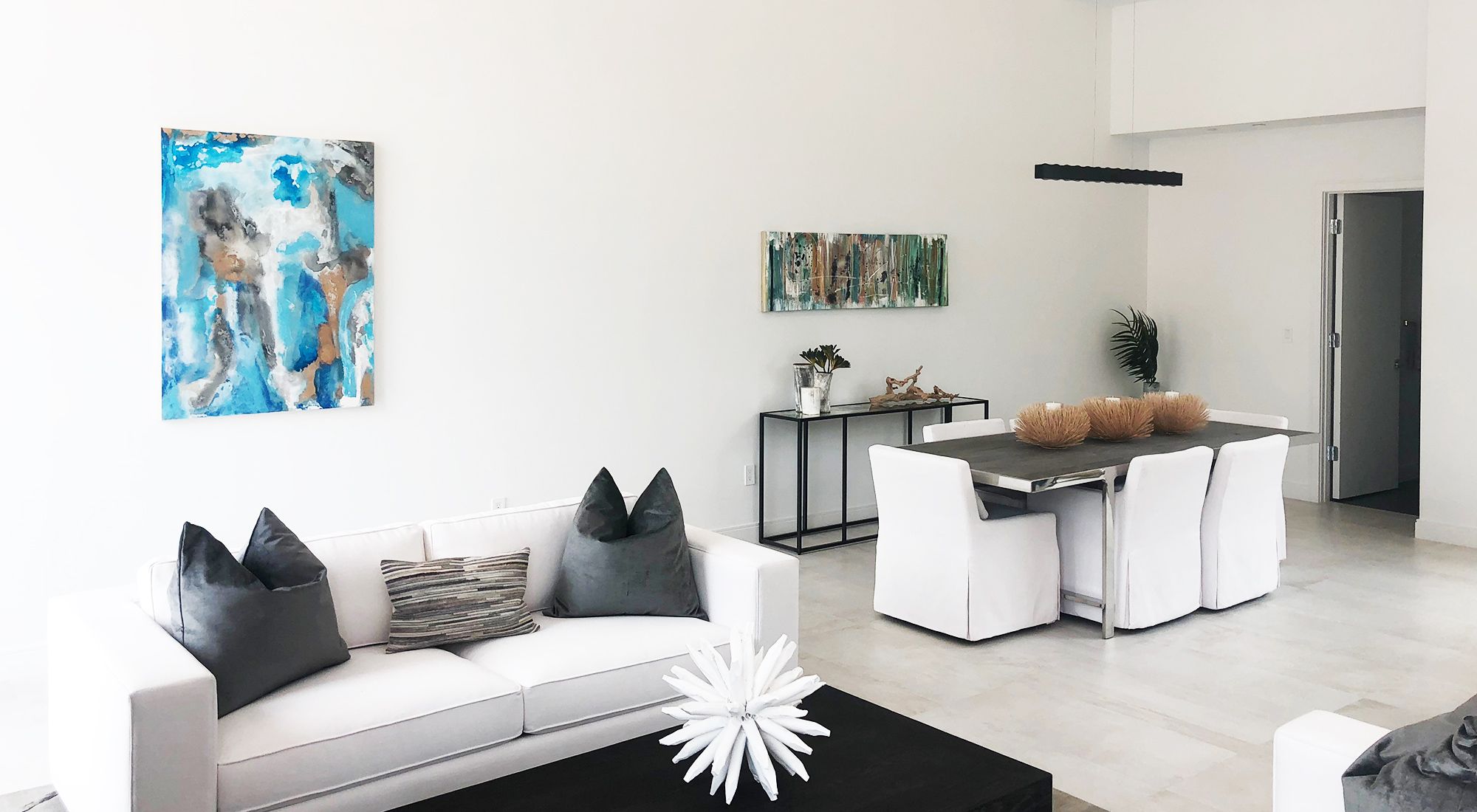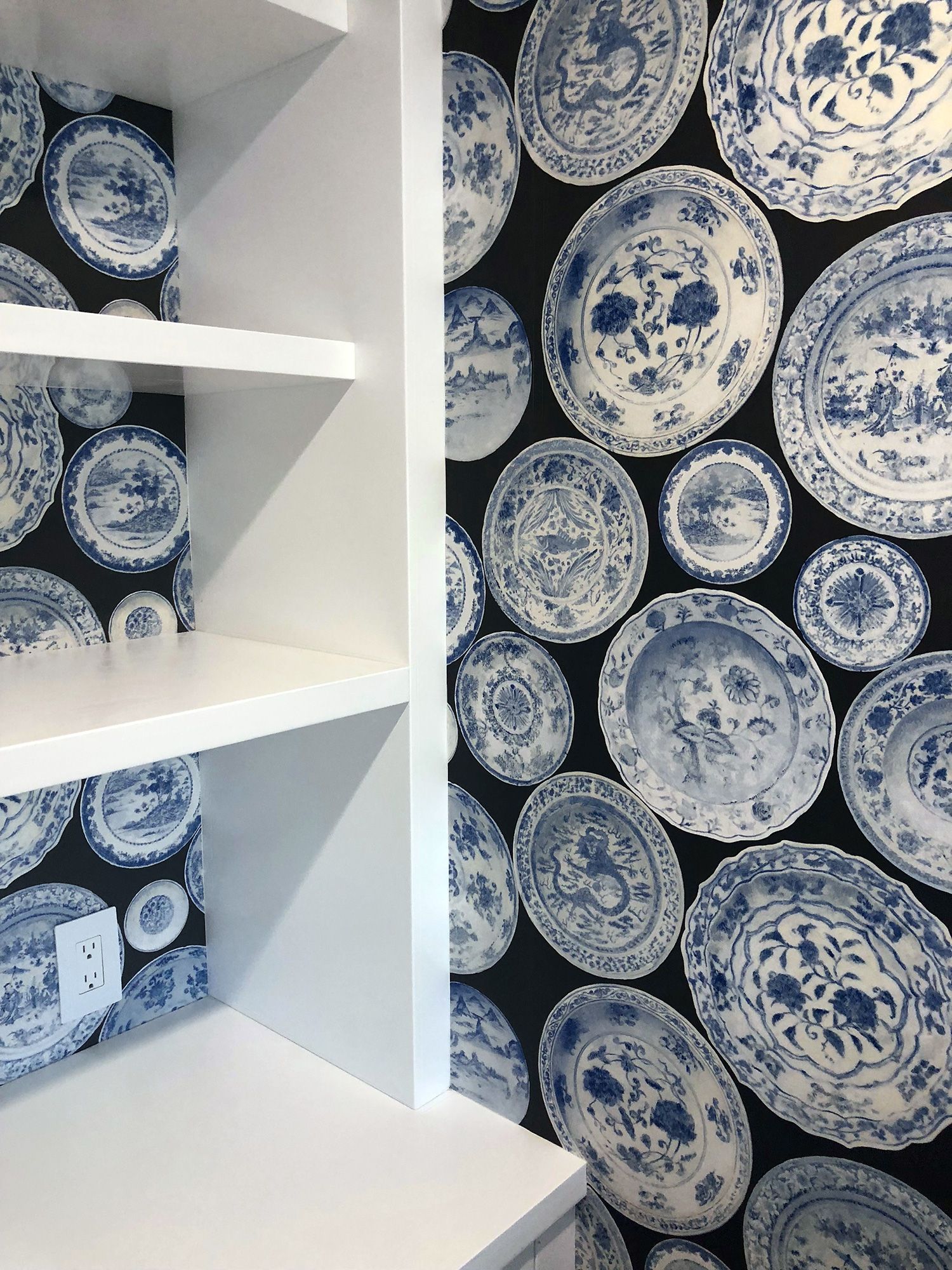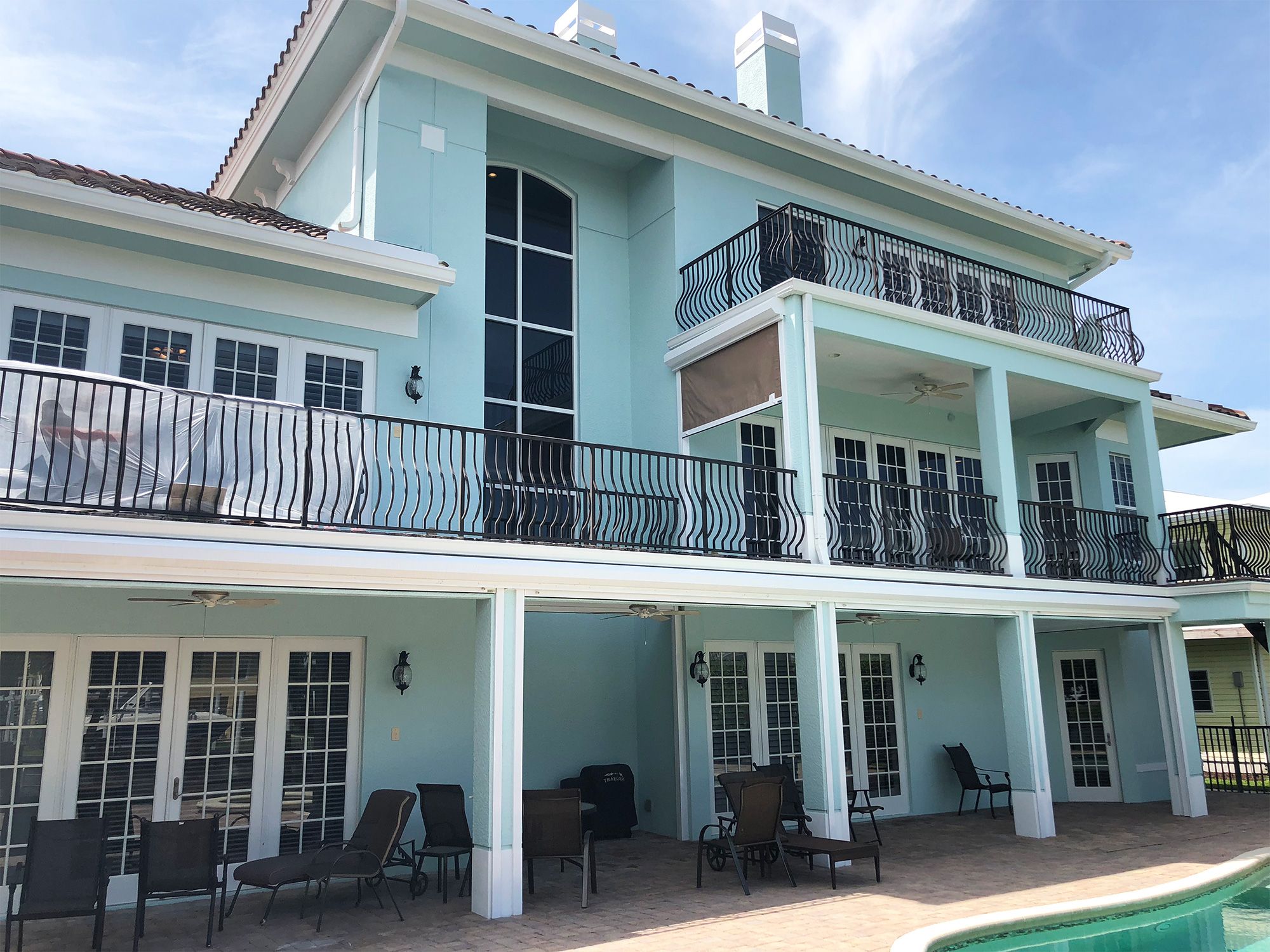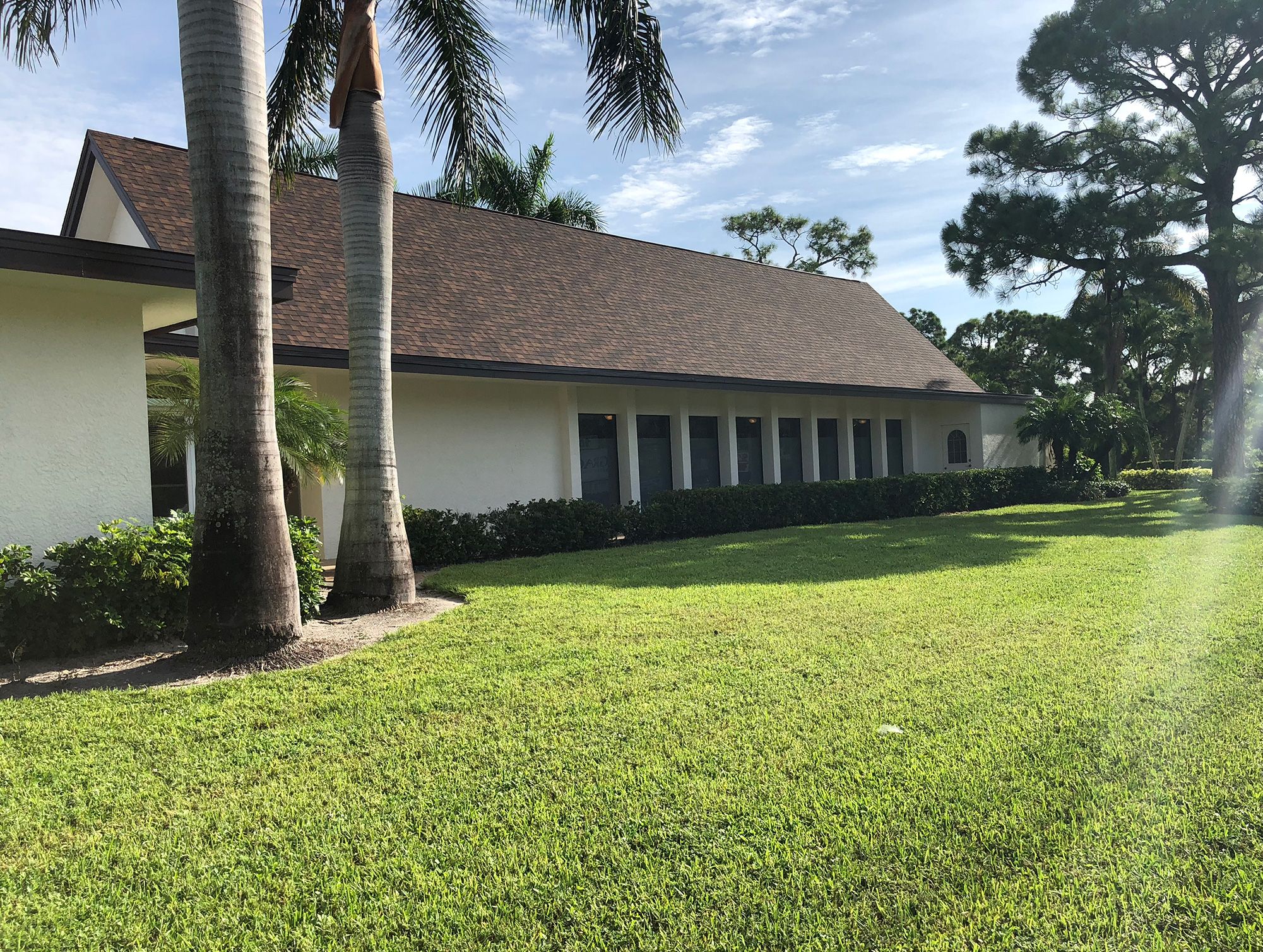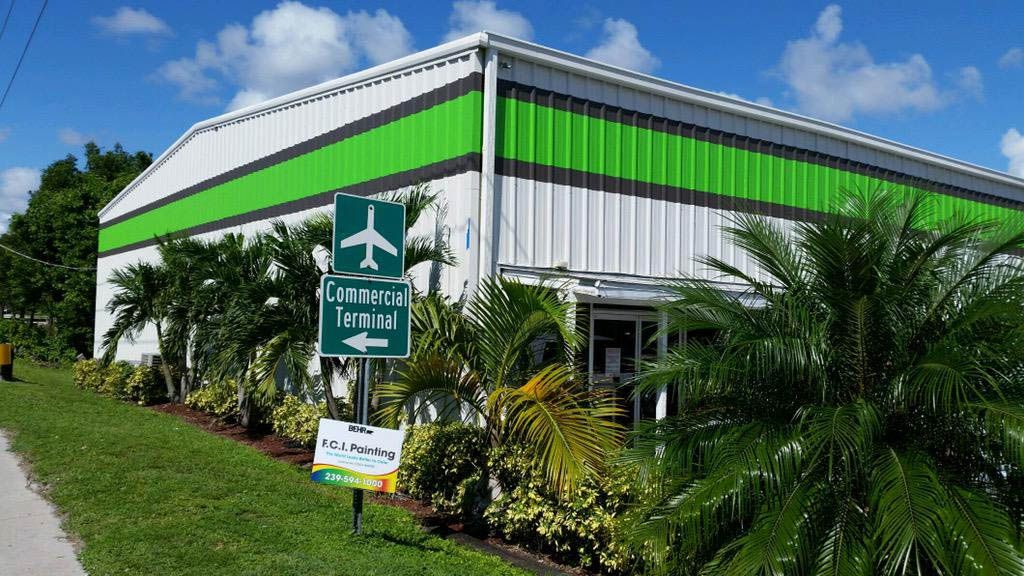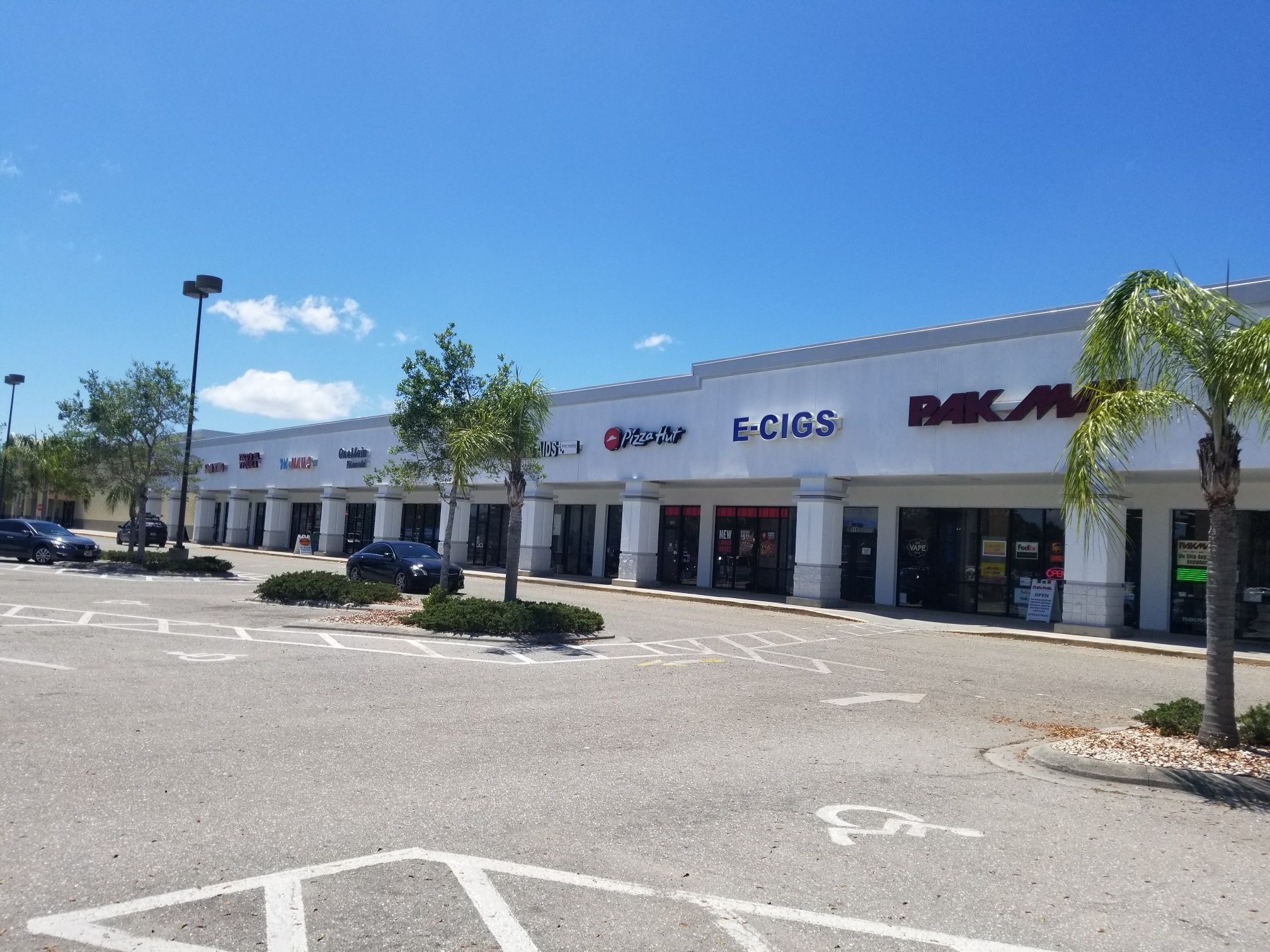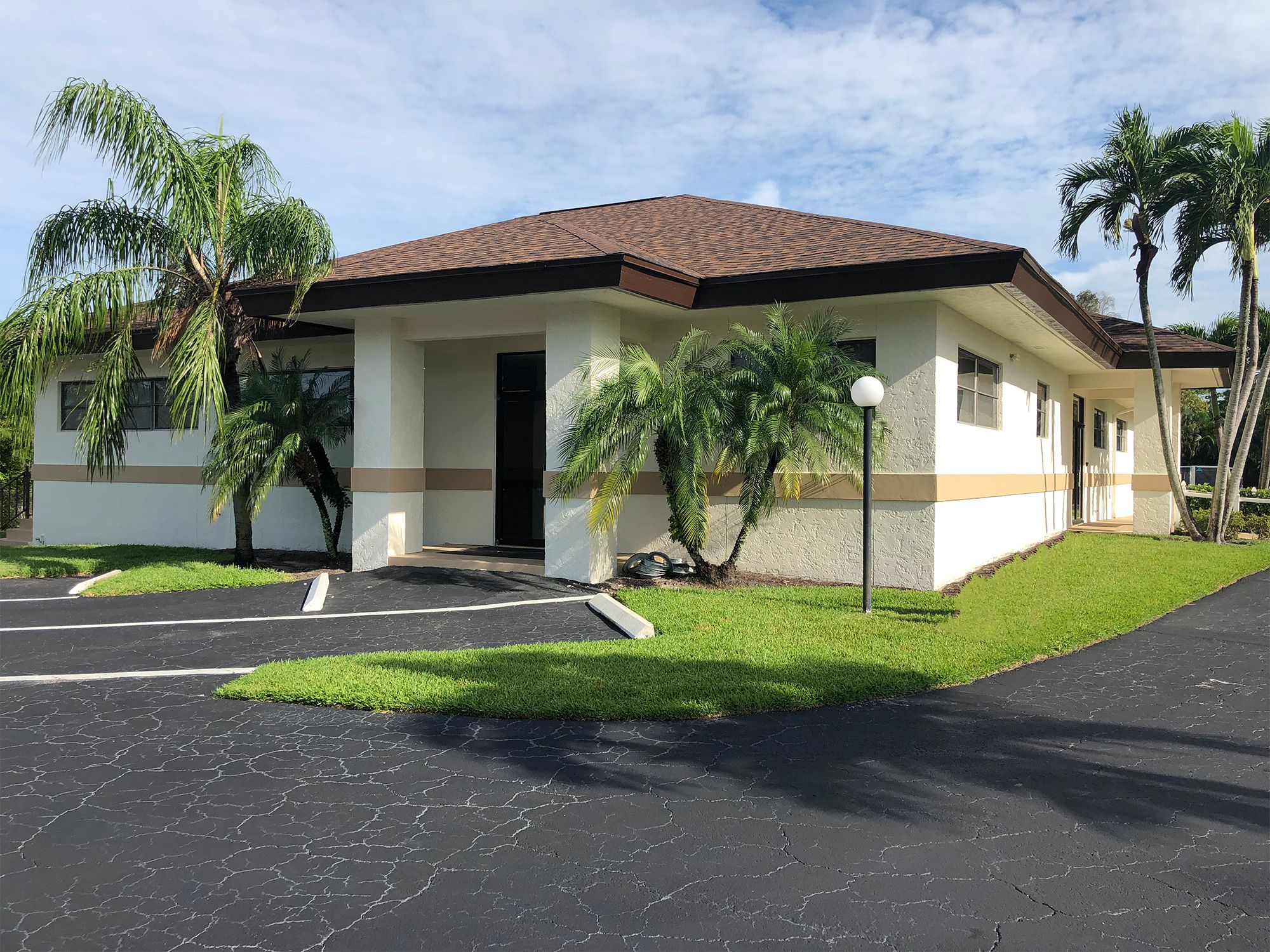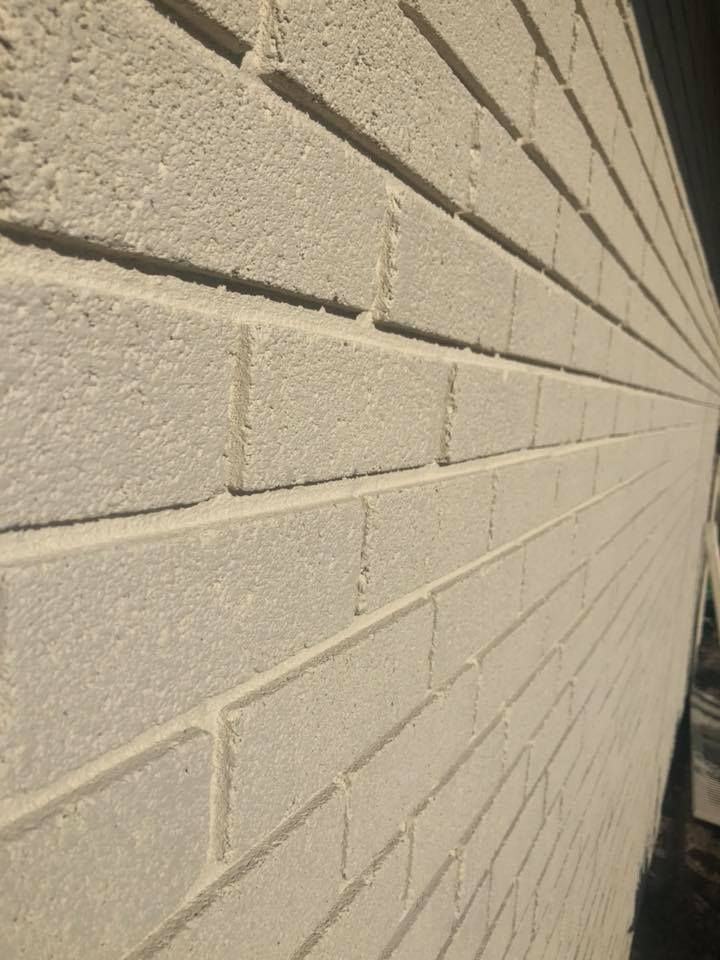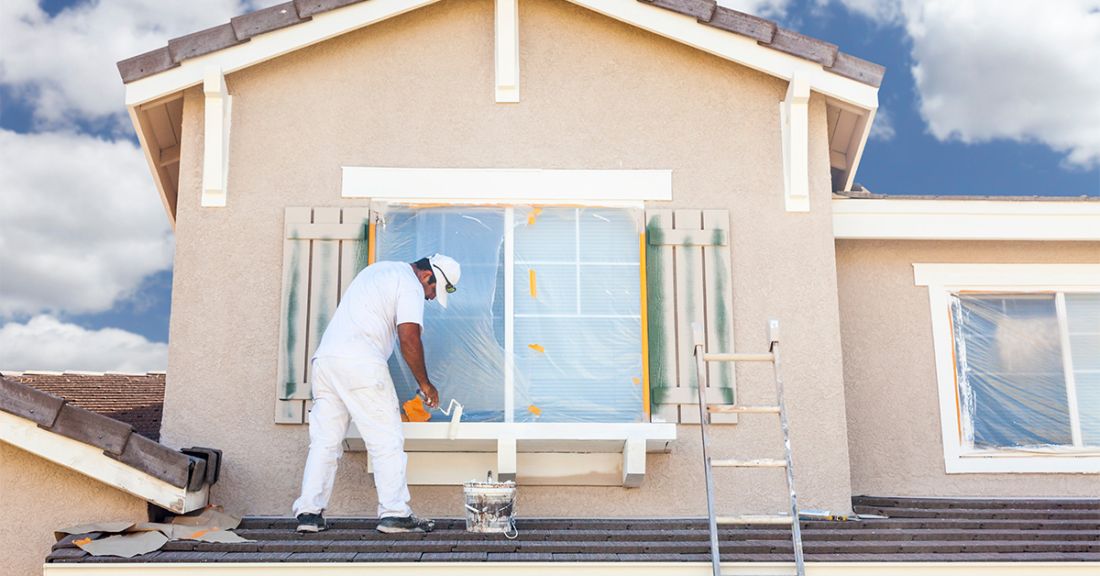
Painting Techniques for Protection: Defending Your Naples Home Against Humidity and Salt Air
Naples, Florida, is a coastal paradise known for its stunning beaches, tropical climate, and a relaxed, outdoor-centric lifestyle. However, the very elements that make this region so appealing—namely, the proximity to saltwater from the Gulf of Mexico and the high humidity levels—pose unique challenges for homeowners. The corrosive effects of salt air and the constant moisture in the air can gradually take a toll on your home’s exterior, leading to peeling paint, rusted metal elements, and an overall deterioration of its appearance.
In this blog, we will explore how proper painting techniques and materials can be instrumental in safeguarding your Naples home against these corrosive elements while maintaining its aesthetic appeal. At FCI Painting, we understand the specific needs of Naples homeowners, and we’re here to provide expert guidance and services to protect your investment.
Understanding the Challenges
Before we dive into the solutions, let’s first understand the challenges posed by Naples’ coastal environment:
- Salt Air: Salt is the enemy of many materials, especially when combined with moisture. The airborne salt particles that drift from the Gulf can settle on surfaces and initiate a corrosive process that gradually eats away at your home’s exterior.
- High Humidity: Naples experiences high humidity levels, which means the air is saturated with moisture. When this moisture combines with the salt particles on surfaces, it creates a potent mixture that can accelerate the corrosion of paint and other materials.
- Harsh Sun: While the salt air and humidity are significant factors, Naples also enjoys plenty of sunshine. The intense UV radiation from the sun can further break down paint and coatings, making them more susceptible to damage.
Choosing the Right Paint and Materials
Now that we understand the challenges, let’s explore how you can defend your Naples home against them by choosing the right paint and materials:
- Primer and Sealants: Start with a high-quality primer designed to provide a protective barrier against moisture and salt. Sealants can also be applied to surfaces to create an additional layer of defense.
- Acrylic Paints: Acrylic paints are renowned for their durability and resistance to moisture. They form a flexible barrier that can expand and contract with temperature changes, reducing the risk of cracking and peeling.
- Marine-Grade Finishes: For areas particularly susceptible to salt air, consider using marine-grade finishes. These specialized coatings are designed to withstand harsh coastal conditions, offering superior protection against corrosion.
Surface Preparation
Proper surface preparation is essential to ensure that paint adheres properly and provides an effective shield against the elements:
- Cleaning: Begin by thoroughly cleaning the surfaces to be painted. Remove any dirt, dust, or existing peeling paint. Power washing can be an effective way to achieve a clean surface.
- Sanding: After cleaning, sand the surfaces to create a smooth and slightly rough texture. This helps the paint adhere better and provides a solid foundation for the new coat.
- Removal of Damaged Paint: Any existing peeling or damaged paint must be removed entirely. Failing to do so can cause new paint to peel as well.
Applying the Paint
The application of paint is a critical step in the process. Here are some important considerations:
- Multiple Coats: It’s often recommended to apply multiple coats of paint to ensure a solid protective layer. These additional coats provide extra durability and extend the life of the finish.
- Proper Drying Times: Pay attention to the manufacturer’s recommended drying times between coats. Rushing this step can compromise the quality of the finish.
- Professional Application: While DIY projects can be satisfying, professional painters often have the experience and equipment needed to ensure a high-quality finish. Consider hiring experts, especially for larger or more complex projects.
Regular Maintenance
Even with the best painting techniques, ongoing maintenance is essential to keep your home protected. Here are some maintenance tips:
- Regular Inspections: Periodically inspect the exterior of your home for signs of wear or damage. Look for peeling paint, rusted metal, or any areas where the protective coating may have deteriorated.
- Prompt Repairs: If you notice any issues, address them promptly. This might involve touch-up painting, repairing damaged surfaces, or reapplying sealants.
- Routine Cleaning: Regularly clean the exterior of your home to remove salt and other debris. This can prevent the buildup of corrosive materials over time.
Living in Naples offers many rewards, from the beautiful coastal scenery to the vibrant community. However, it also comes with the responsibility of maintaining your home’s appearance and structural integrity in the face of salt air and humidity. By understanding the challenges, choosing the right materials, and employing proper painting techniques, you can effectively defend your home against these corrosive elements while enjoying the beauty of coastal living for years to come.
Investing in quality materials and professional painting services, such as those offered by FCI Painting, can not only protect your home but also enhance its curb appeal and value. So, whether you’re considering a fresh coat of paint or tackling a larger project, make sure to prioritize protection alongside aesthetics. Your Naples home will thank you for it. To learn more about our expertise, contact FCI Painting online or call us at (239) 435-1001.

